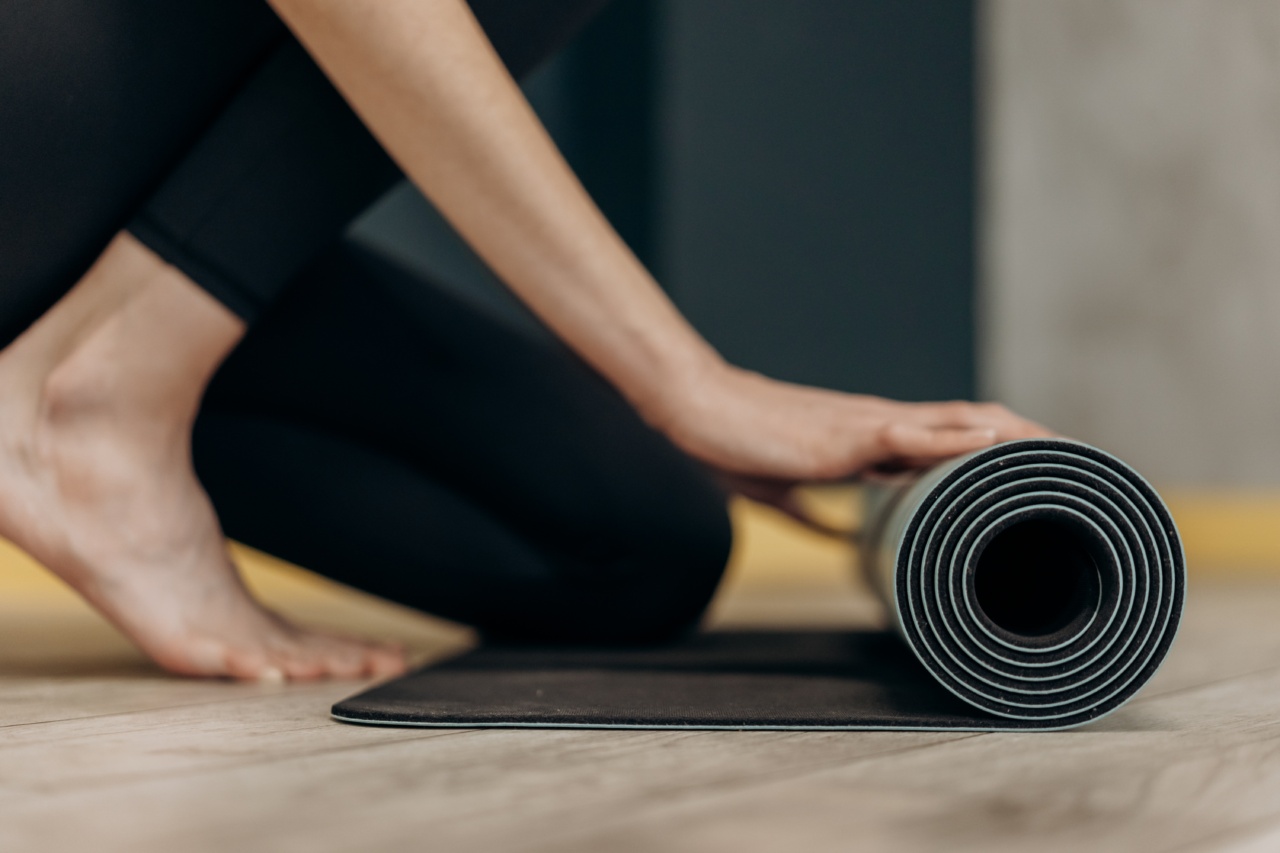The Ultimate Sleeping Routine for Cardiovascular and Metabolic Health
Sleep plays an important role in maintaining overall health and wellness. Not getting enough sleep or poor sleep quality can lead to a variety of health issues, including cardiovascular and metabolic health problems.
Here are some tips for a healthy sleeping routine that can improve your cardiovascular and metabolic health.
Establish a Regular Sleep Schedule
It’s important to establish a regular sleep schedule and stick to it as much as possible. This means going to bed and waking up at the same time every day, even on weekends.
Consistency helps regulate your body’s internal clock, making it easier to fall asleep and wake up at the same time every day.
Reduce Screen Time Before Bed
The blue light emitted by electronic devices, such as smartphones, tablets, and televisions, can disrupt your body’s natural circadian rhythm and make it harder to fall asleep.
Avoid using electronic devices before bedtime or use apps that reduce blue light exposure.
Create a Calming Bedtime Routine
Creating a relaxing bedtime routine can help signal to your body that it’s time to wind down and prepare for sleep.
Incorporate calming activities, such as reading, meditation, or a warm bath, into your nightly routine to promote relaxation and better sleep.
Maintain a Comfortable Sleeping Environment
Your sleeping environment can also play a role in the quality of your sleep. Keep your sleeping area cool, dark, and quiet to promote restful sleep. Invest in comfortable bedding and a supportive mattress that aligns with your sleeping preferences.
Avoid Heavy Meals and Stimulants Before Bed
Large meals and stimulants like caffeine and nicotine can disrupt your sleep. Avoid heavy meals and caffeine intake before bedtime. If you need an evening snack, choose something light and easy to digest.
Exercise Regularly
Regular exercise can not only help you fall asleep faster, but it can also improve the quality of your sleep.
Aim for at least 30 minutes of moderate-intensity exercise daily, such as walking, swimming, or biking, to help regulate your sleep-wake cycle.
Limit Alcohol Consumption
While alcohol may help you fall asleep faster, it can also lead to poor sleep quality. Alcohol can disrupt your REM sleep, which is essential for memory consolidation and overall cognitive function.
Limit your alcohol consumption to promote better sleep and overall health.
Reduce Stress
Stress can have a significant impact on the quality of your sleep. Develop stress-reduction techniques, such as deep breathing, meditation, or yoga, to help you relax and promote better sleep.
It may also be helpful to address any underlying stressors that may be contributing to your sleep issues.
Consider Natural Supplements
Natural supplements may also help promote better sleep quality. Chamomile tea, valerian root, and melatonin are commonly used natural supplements to aid in sleep.
However, it’s essential to discuss taking supplements with your healthcare provider before starting a new regimen.






























